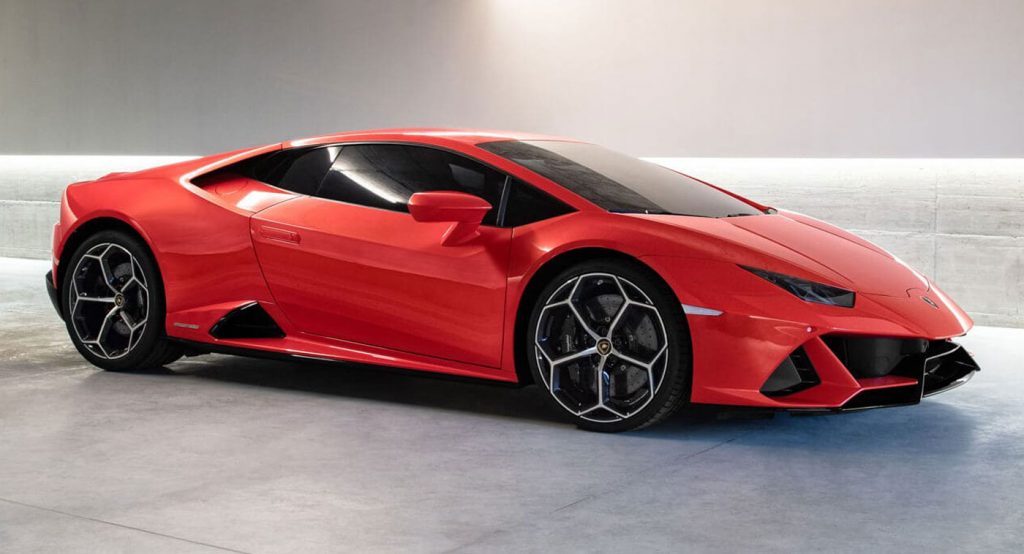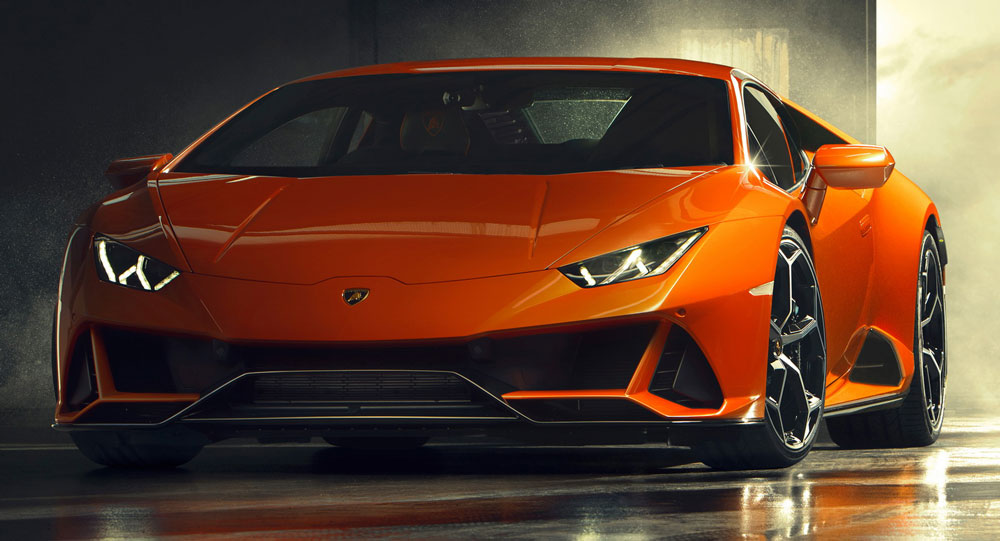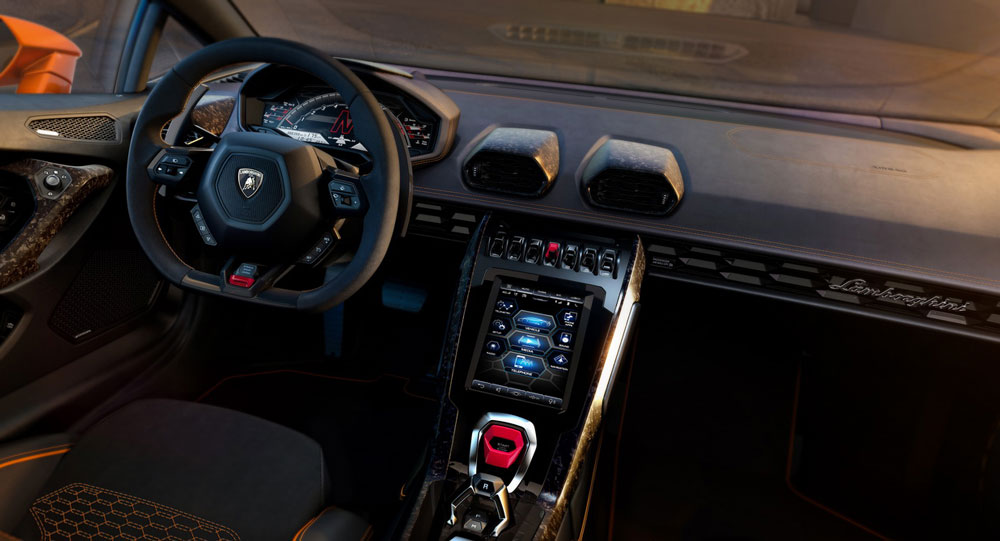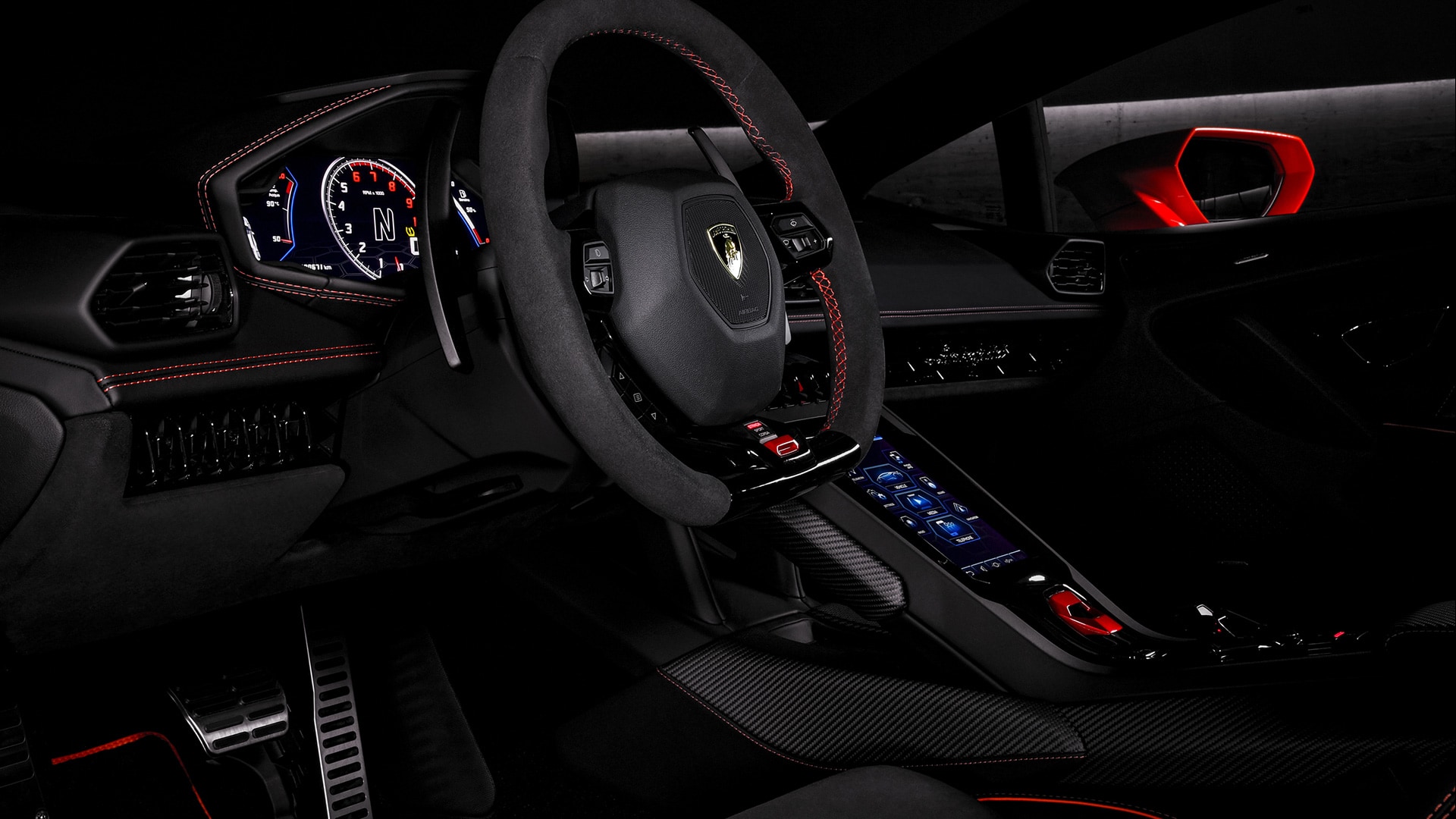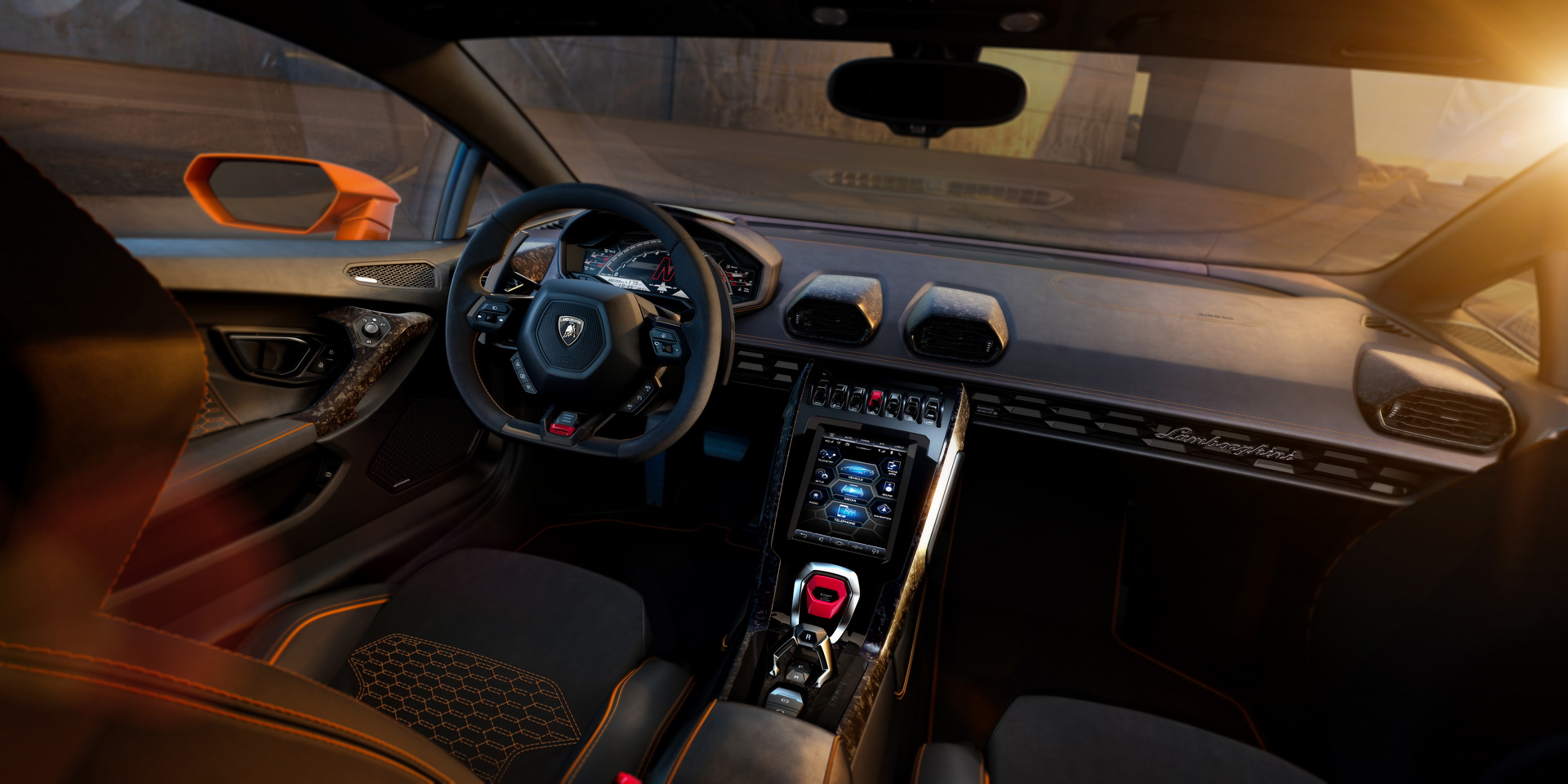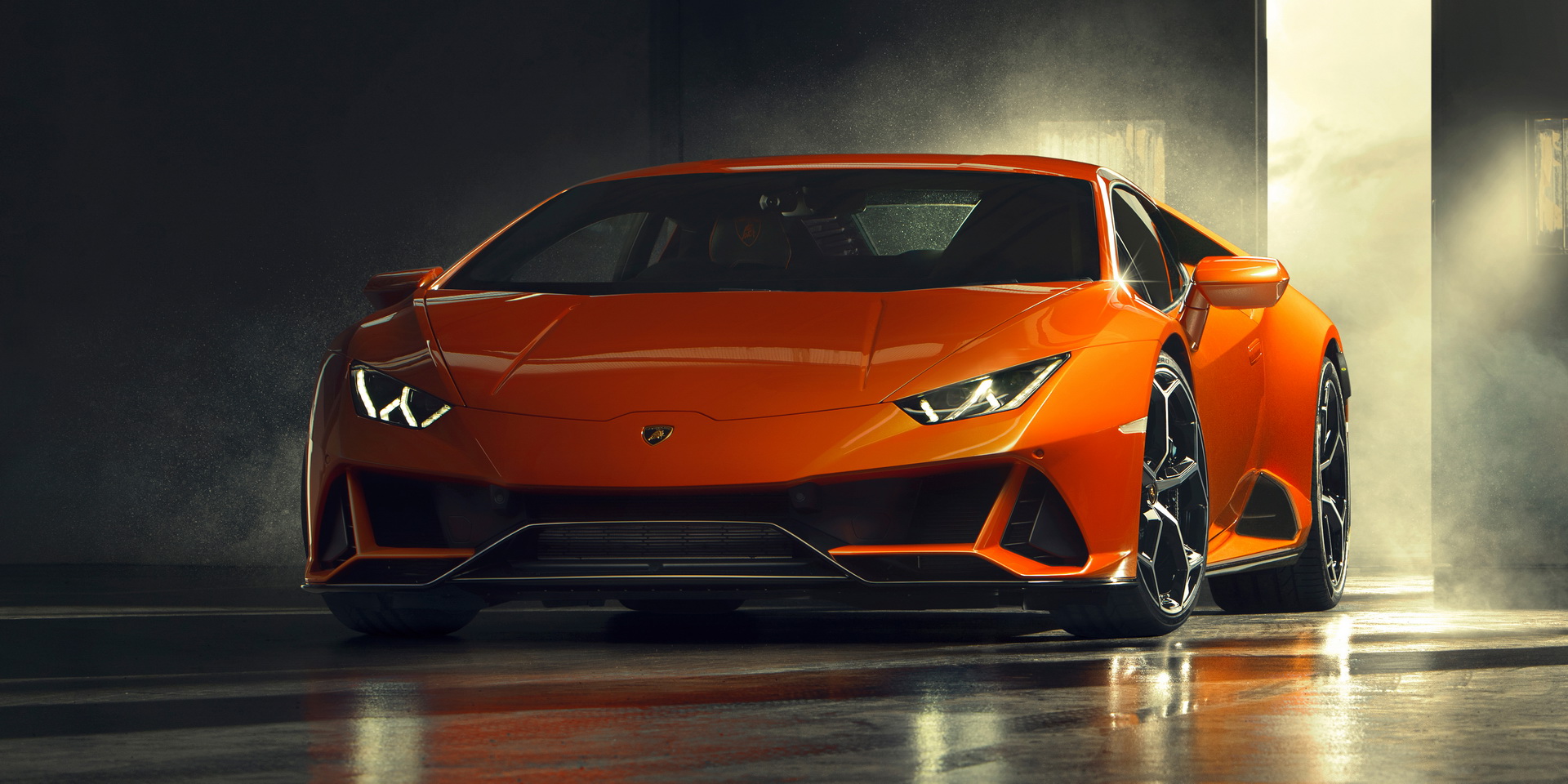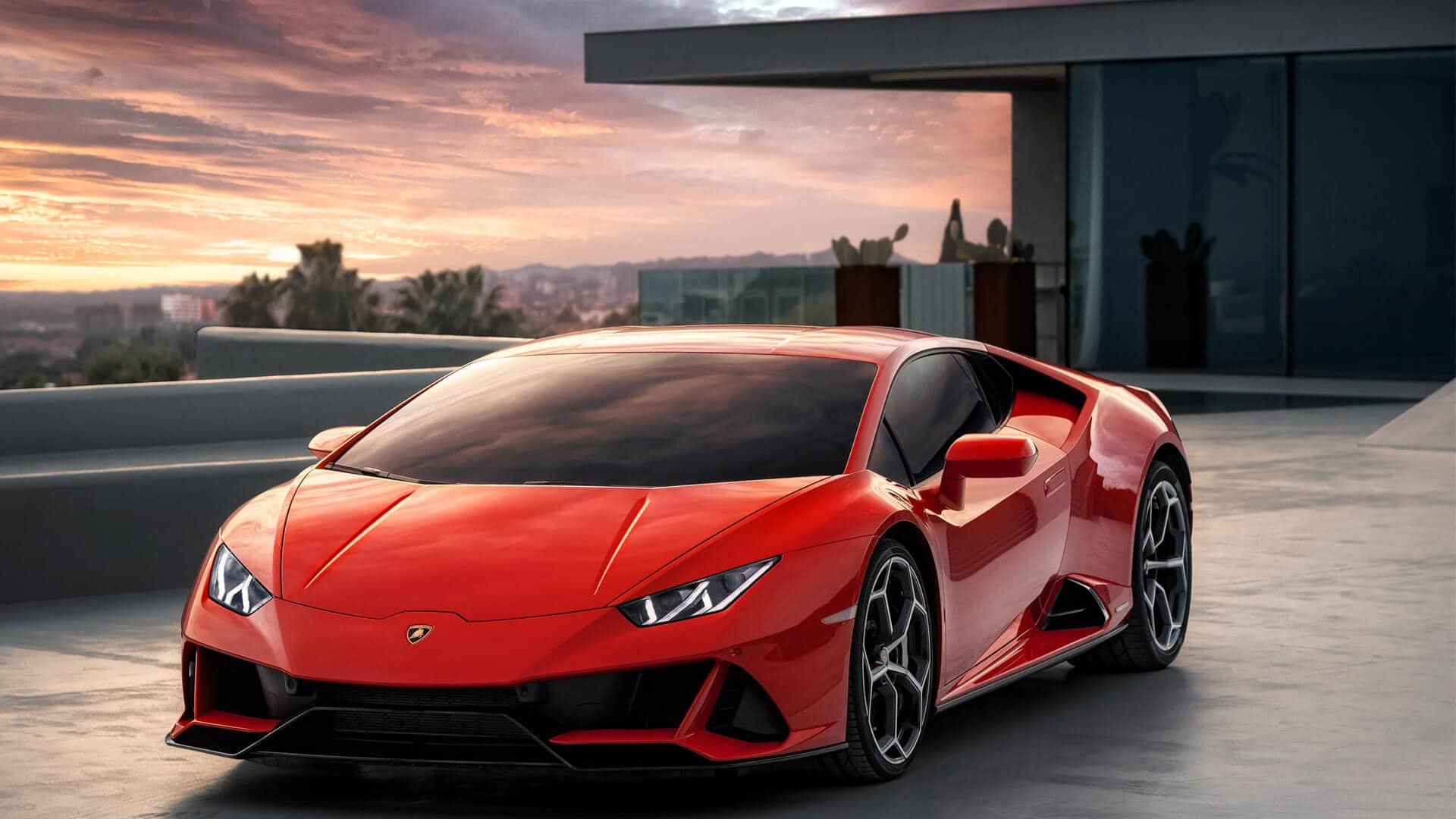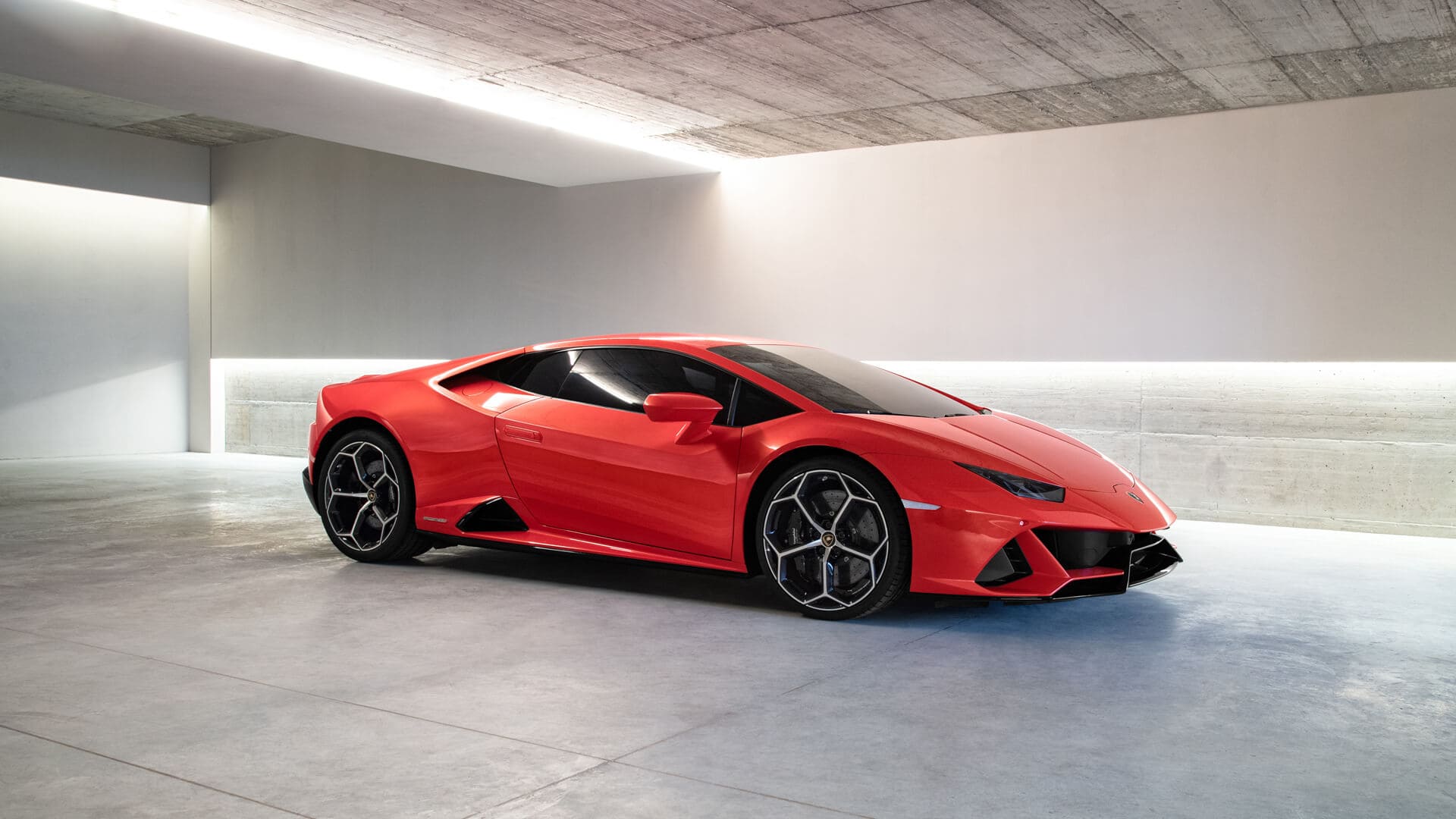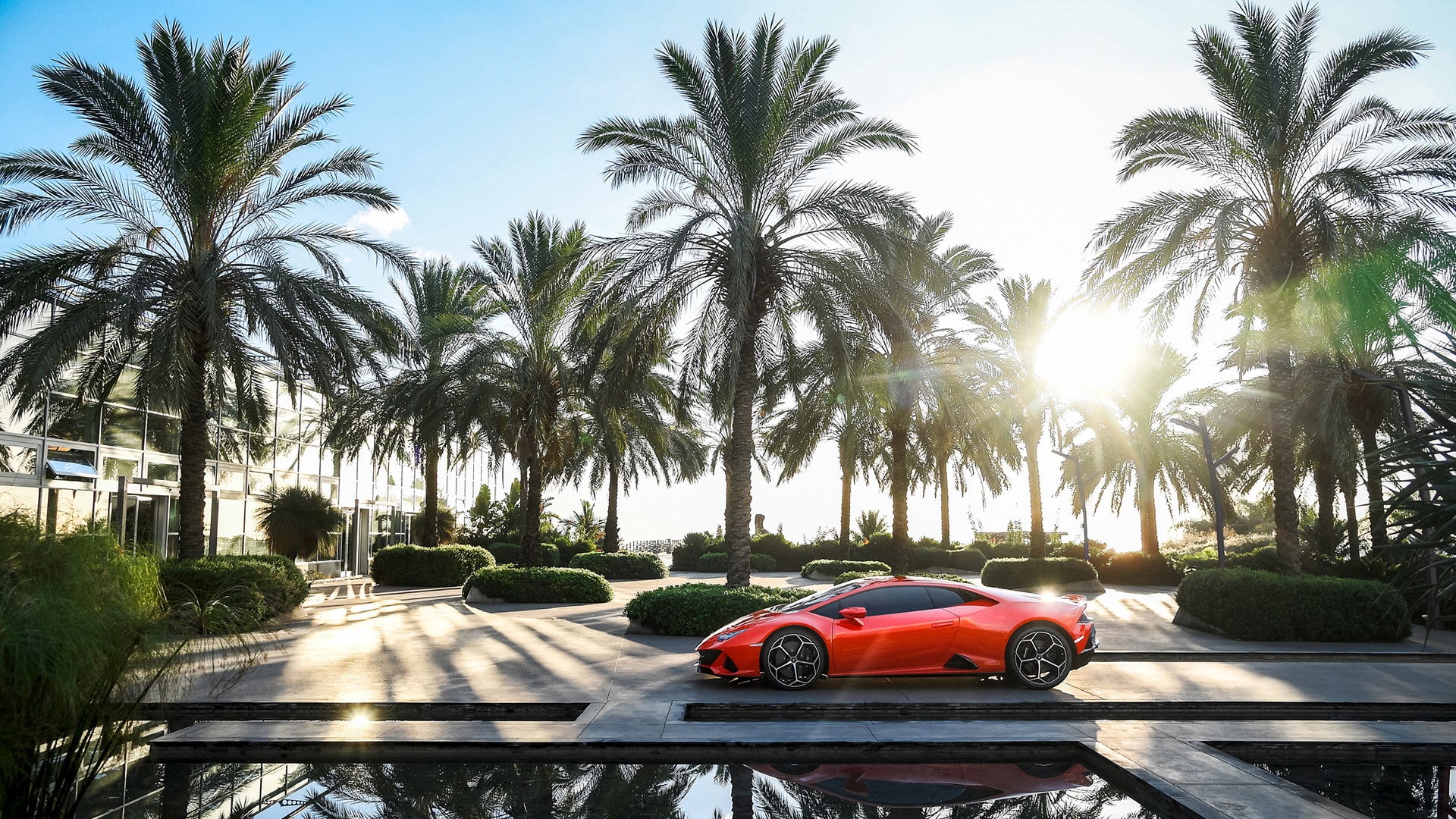Those who were hoping for a lightweight version of the Huracan EVO won’t be granted their wish, as Lamborghini has made it clear isn’t going to make one.
When asked about a possible Huracan Superleggera (that’s Italian for extra light, for those who weren’t paying attention), Chief Technical Officer Maurizio Reggiani told CarAdvice “that badge is finished”. Confirmations hardly come more official than that.
The 5.2-liter naturally aspirated V10 that powers the Hurcan has reached its peak in the Performante and EVO, where it churns out 631 hp (640 PS / 471 kW) and 443 lb-ft (600 Nm) of torque.
So, as Reggiani put it, “the short-term issue will be not how we can increase the power, but how to maintain the power when you consider all the new emissions regulations arriving”. The even more strict Euro 7 emission regulations are on the horizon, and for Lamborghini, this probably means “sticking the meter inside the combustion chamber for a potential reduction of power”. Yep, you read that right: reduction!
Also Read: Let’s See How Lambo’s 2020 Huracan EVO Stacks Against The Old LP 610-4
The solution would be to electrify both the V10 and V12 powering the larger Aventador. And that’s the solution that will be employed for their successors, with the flagship model arriving first with a hybrid powertrain. Only that “implies more weight via battery, electric motor, etc, which is something we’ll have to compensate with”, explained the brand’s exec.
The Superleggera moniker wouldn’t do justice to the next-gen Lamborghini supercars, which won’t exactly be lightweightsa due to the extra parts required for electrification.’
But not all is lost, as a quicker version of the Huracan could arrive. Reggiani explained the possible recipe behind it: “The EVO benefits hugely from our new rear-wheel steering and Lamborghini Dinamica Veicolo Integrata, and actually gets off the line faster. If we added these systems to the Performante, it would be much faster.”
The Lambo official also revealed that the new Huracan EVO is faster on certain sections of the Nardo test track than the Performante.
“This is because the torque control we have in the Evo is practically able to guarantee that there’s no spin, and due to the active control, we are able to discharge a lot more torque to the front”, he said. “This means the EVO has higher acceleration and the balance between the front and rear acceleration is better than the Performante.”



